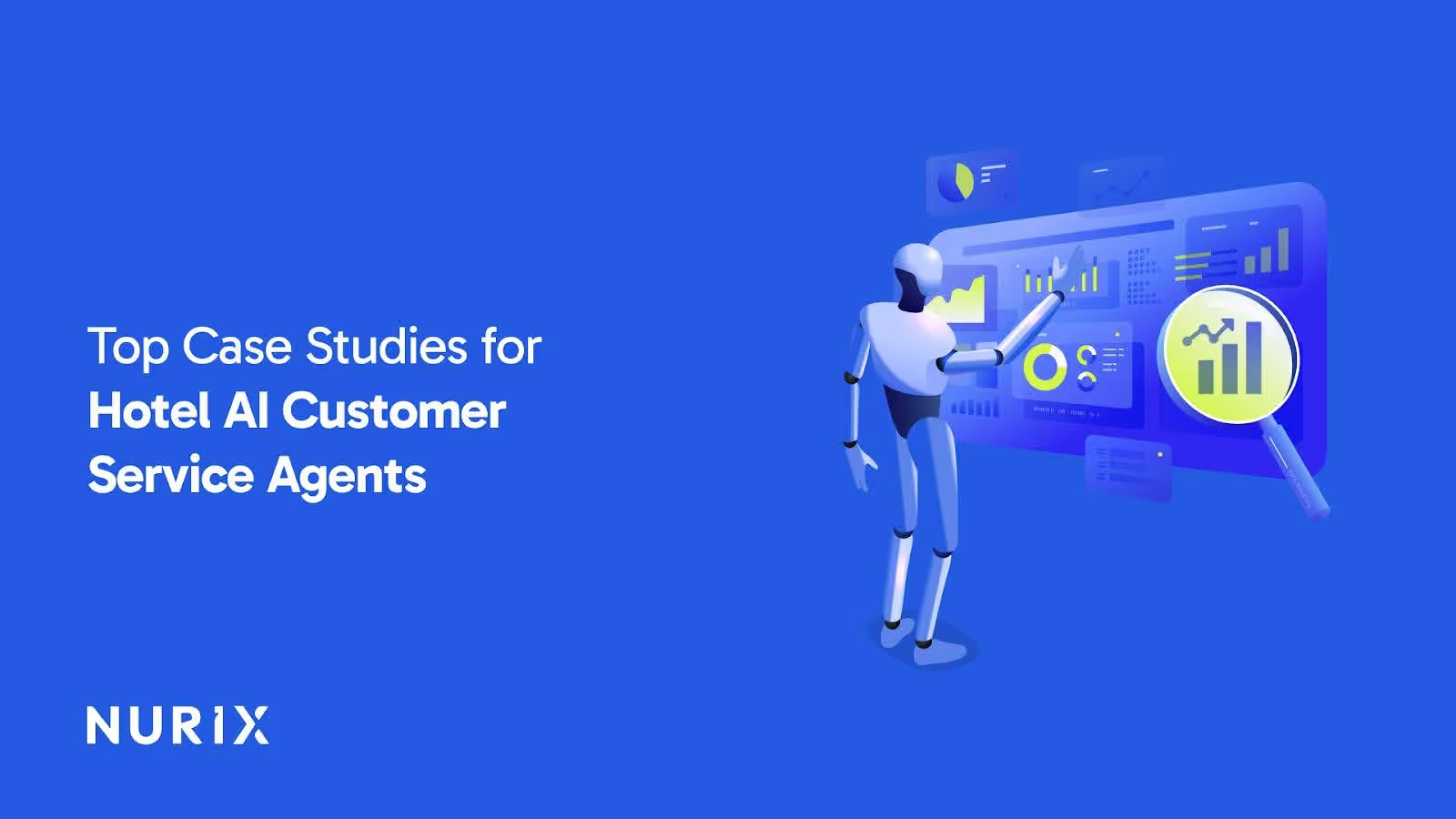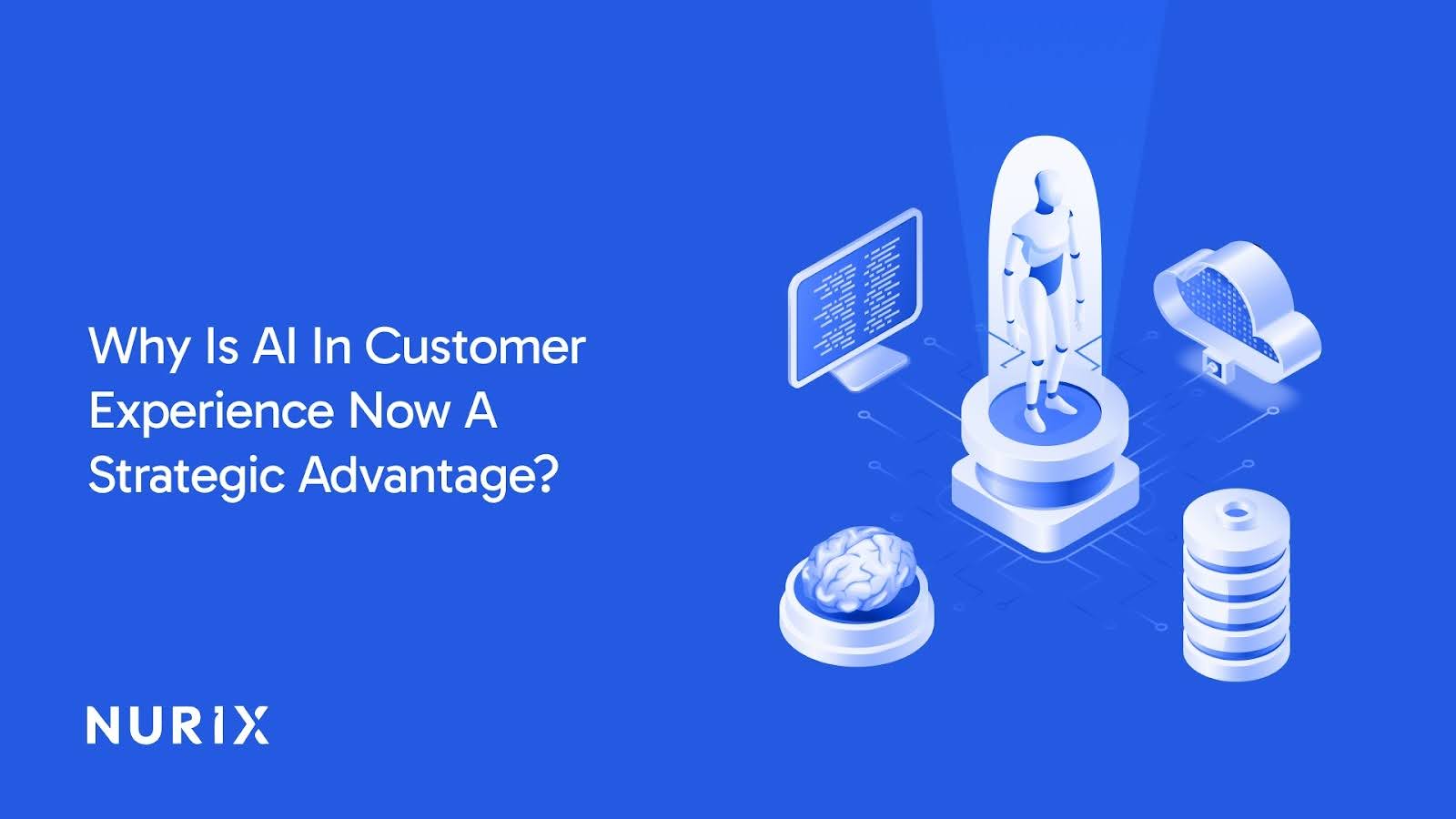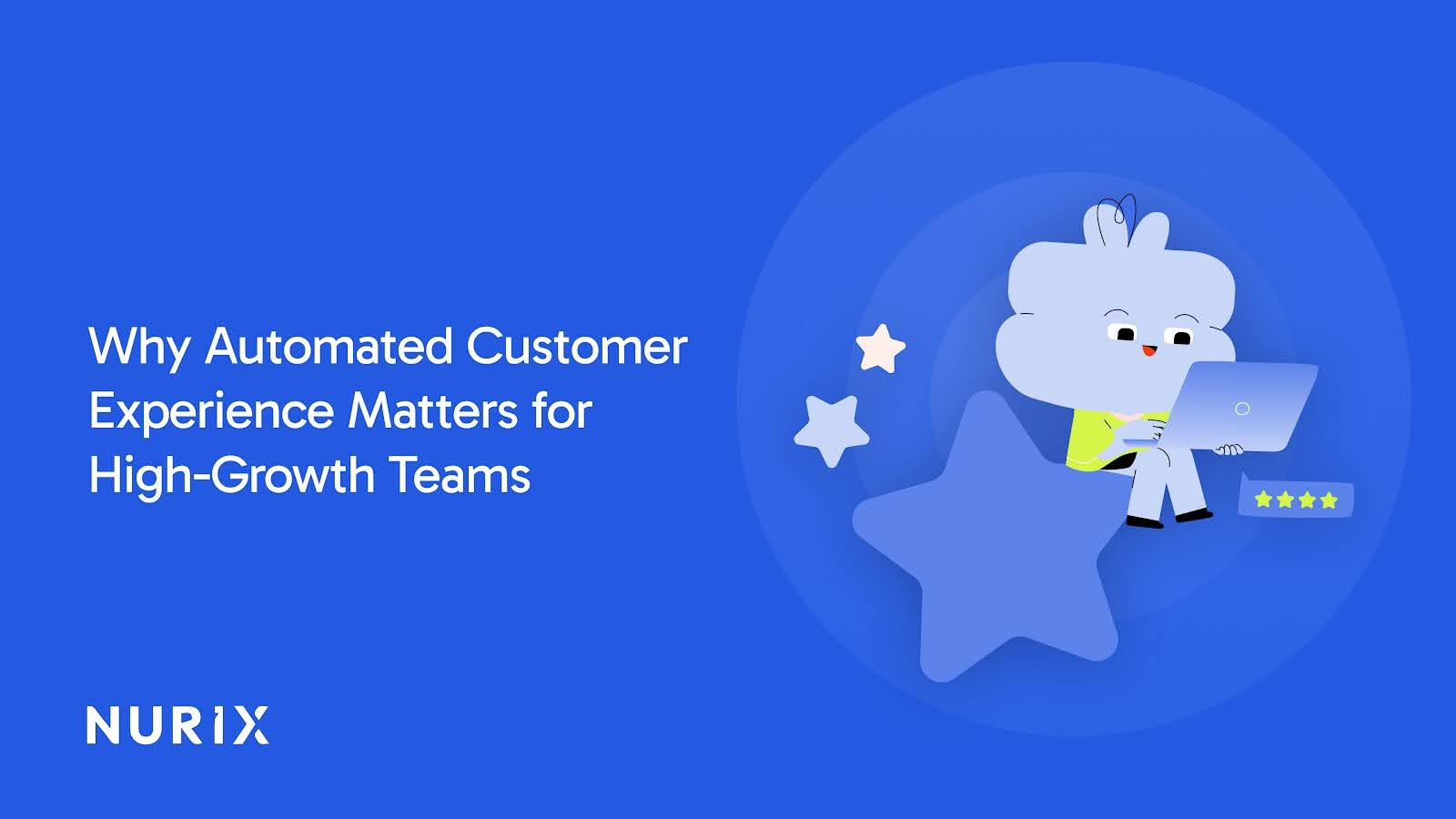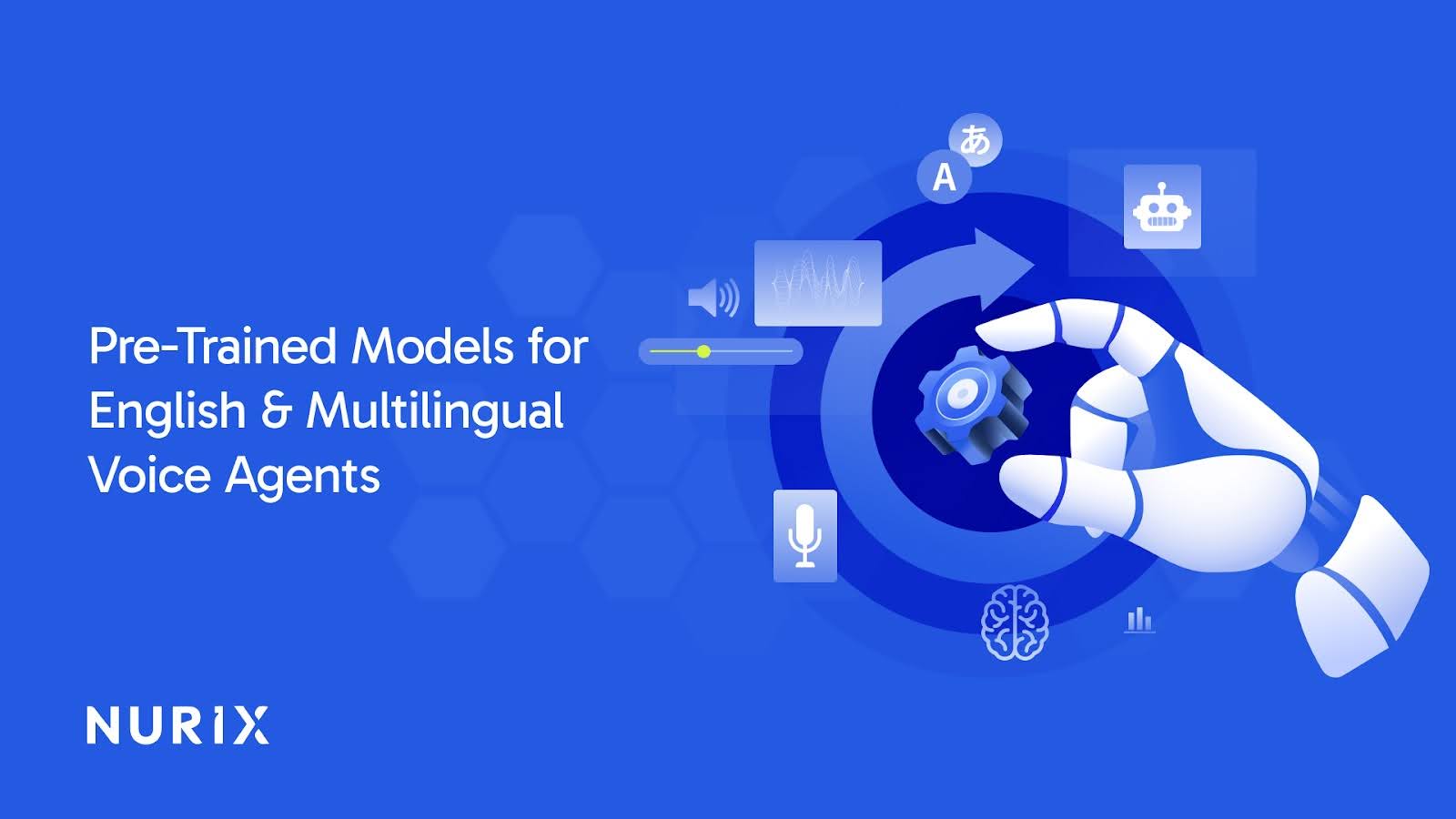Hotels frequently grapple with the reality that delays and inconsistencies in customer service often compromise guest satisfaction. Long wait times, unanswered queries, and impersonal interactions remain persistent obstacles. When the guest experience hinges on swift, accurate communication, these pain points can erode loyalty and revenue.
The global AI in hospitality market is predicted to reach $1.44 billion by 2029, reflecting a steady rise in adoption as hotels seek practical solutions that promote service without swelling operational costs. AI customer service agents have appeared as strategic assets, deftly handling routine requests and freeing staff to focus where the human touch matters most, transforming service delivery across diverse hotel brands.
In this guide, real-world case studies will highlight how AI is already adding value at renowned hotels.
Takeaways
- Instant Query Resolution Lifts Guest Satisfaction: Case studies for hotel AI customer service agents repeatedly show that swift, automated responses resolve up to 70% of guest inquiries immediately, driving measurable improvements in satisfaction scores.
- Multilingual AI Agents Expand Global Reach: Hotels adopting AI customer service agents benefit from 24/7 multilingual support that breaks language barriers, ensuring consistent service for diverse international guests.
- Direct Booking Increases Reduce Dependency on OTAs: Case studies highlight AI agents' ability to guide guests through booking processes, raising direct booking rates by up to 25% and cutting costly third-party commissions for hotels.
- Balancing Automation and Human Touch is Key: Effective AI deployments handle routine tasks, freeing staff to engage personally on complex issues. This balance improves overall guest experience as shown by multiple hotel case studies.
What is AI in the Hospitality Industry?
AI in the hospitality industry refers to technologies that automate routine tasks, improve guest interactions, and streamline operations to improve service quality and operational workflows. It spans from smart check-ins and virtual assistants to predictive analytics for pricing and demand forecasting, all aiming to simplify daily operations and enrich guest experiences while allowing human staff to focus on more meaningful service aspects.
How AI in Hospitality Boosts Customer Service Performance
AI plays a quiet but powerful role in transforming how hospitality teams connect with guests every day. It streamlines responses and helps maintain a steady level of service, freeing human staff to offer more thoughtful attention when it matters most. Here’s how these subtle shifts show up in guest interactions:
- Faster Response Times: AI answers common guest questions instantly, reducing wait times whether day or night. This keeps guests satisfied and reduces frustration from delays.
- Consistent Support Quality: AI provides uniform answers to inquiries every time, ensuring that guests receive the same accurate information regardless of which employee they reach or when.
- Personalized Guest Interaction: AI remembers previous preferences and behaviors, allowing customer service to feel more thoughtful and relevant without requiring guests to repeat themselves.
- Reduced Staff Burden: By handling repetitive requests and routine tasks, AI lets staff focus on complex and emotionally sensitive guest needs that require a personal touch.
- 24/7 Availability: AI-powered chatbots and virtual assistants are always on, offering uninterrupted support that fits guests' schedules, even outside usual business hours.
- Proactive Problem Detection: AI analyzes interactions to identify issues early, helping staff intervene before minor problems escalate, thereby improving guest satisfaction.
- Improved Multilingual Support: AI translates and understands multiple languages, breaking communication barriers for international guests and providing them with smoother service.
- Efficient Booking and Check-in: AI automates and accelerates these processes, cutting lines and manual errors while freeing up human agents for richer service moments elsewhere.
- Insightful Data Analysis: AI reviews guest feedback and service records to highlight strengths and shortcomings, aiding continuous improvement in service delivery quality.
- Intelligent Upselling and Offers: AI suggests relevant add-ons or upgrades based on guest history without being pushy, creating value in a way that feels natural and welcome.
Top Case Studies for Hotel AI Customer Service Agents
Behind the scenes, AI agents in hotels are rewriting the script on guest interactions, quietly shifting how questions get answered and bookings get handled. The following examples show how specific hotels have tuned these tools to fit their rhythms and guests' needs, producing results that speak for themselves.
The Cosmopolitan Las Vegas - Rose Digital Concierge
The Cosmopolitan developed Rose, a flirtatious chatbot concierge that connects with guests via SMS. Rose provides insider information about Las Vegas attractions and handles service requests with a distinctive personality matching the hotel's "just the right amount of wrong" brand identity. Within six months, Rose processed over 100,000 guest interactions and generated $2.8 million in incremental revenue.
Key details:
- Revenue Impact: Guests engaging with Rose spend 30% more than non-users and report 33% higher satisfaction scores.
- Conversion Performance: Rose achieved a 40% conversion rate on upselling opportunities while answering 80% of guest queries independently.
- Direct Booking Strategy: Rose successfully drives return visitors toward direct bookings rather than third-party travel sites, creating lasting customer relationships.
Marriott International - AI-Powered Guest Interactions
Marriott deployed AI assistants across multiple properties to handle reservations, recommendations, and guest services. The system processes over one million guest interactions monthly while integrating with property management systems for real-time availability and personalized offers. The hotel chain invested between $1 billion and $1.2 billion in technology initiatives focused on AI capabilities.
Key details:
- Operational Metrics: Properties report a 35% increase in direct booking conversions and a 28% reduction in front desk call volume.
- Guest Satisfaction: The AI implementation resulted in a 42% improvement in guest satisfaction scores for service requests.
- Revenue Growth: Hotels using the system generate $180-$320 additional revenue per available room annually through optimized pricing and upselling.
Hilton Hotels - Connie Robot Concierge
Hilton’s Connie, an IBM Watson-powered robot concierge stationed at hotel reception areas. Connie assists guests with local tourist information, dining recommendations, and hotel amenities while learning from each interaction to improve responses. The robot handles routine inquiries, allowing human staff to focus on complex guest needs.
Key details:
- Interaction Volume: Connie and other Hilton AI systems have processed over 10 million conversations since implementation.
- Response Time: The AI deployment reduced customer service wait times by 30% while supporting guests in 20 languages.
- Staff Support: The robot concierge handles routine questions about hotel features and local attractions, freeing human employees for personalized guest interactions.
Hyatt Hotels - Conversational Reservations System
Hyatt implemented an AI-powered conversational system across eight global contact centers handling seven million annual calls. The system automates routine reservation processes, including guest information collection and booking confirmation, while transferring complex requests to human agents. Hyatt achieved $4.4 million in annual savings through this automation.
Key details:
- Cost Reduction: The AI system delivers 33% average savings per call while maintaining service quality standards.
- Sales Performance: Automated information collection allows human agents to focus more on selling, improving conversion rates.
- Process Automation: The system handles entire reservation confirmations, cancellations, and post-checkout feedback collection without human intervention.
Edwardian Hotels London - Edward Virtual Host
Edwardian Hotels created Edward, an SMS-based virtual host available at 12 properties. Edward handles room service orders, local recommendations, and guest complaints through natural language processing. The system integrates with property management systems to provide immediate responses and escalate complex requests to human staff when needed.
Key details:
- Order Value: Room service orders placed through Edward average significantly higher than traditional phone orders.
- Response Speed: Edward responds to guest requests within seconds using natural language understanding rather than scripted commands.
- Staff Integration: The virtual host became fully integrated into daily operations, with staff referring routine tasks and guest communications to Edward.
Proven Best Practices for Applying AI in Hospitality
Getting the most from AI in hospitality calls for a careful approach that balances clear aims with on-the-ground realities. The following offers practical steps that help align AI efforts with guest needs and operational flow.
- Define Clear Goals for AI Projects: Set measurable targets such as reducing check-in times or increasing guest satisfaction, so AI initiatives stay focused and outcomes are trackable.
- Map Guest Journeys and Pinpoint Friction: Document every touchpoint and identify delays or manual bottlenecks that AI can address, ensuring efforts target real service gaps.
- Start with Targeted Pilots and Measure Results: Test AI in one area (like automated messaging or dynamic pricing), benchmarking response times and guest feedback before wider rollout.
- Prioritize Data Quality and System Integration: Use accurate property data and choose AI tools such as Nurix AI that work natively with existing booking and management software to avoid operational headaches.
- Train Staff on New AI Workflows: Provide hands-on staff training and clear escalation steps, so teams work confidently alongside AI and deliver a positive guest experience.
- Monitor Outcomes and Adjust Regularly: Track actual business impact, such as review scores, booking rates, or issue resolution, and fine-tune projects to match both guest expectations and operational needs.
The Future of AI in Hospitality: What’s Next?
The hospitality industry is starting to speak a new language, one that listens, predicts, and responds with striking ease and care. What follows are some bold steps in how hotels will soon welcome and serve guests differently, crafting experiences that feel personal and immediate without delay.
- Conversational AI Redefines Guest Interaction: AI is set to manage virtually all guest calls and messages, delivering human-quality, multilingual responses that book, inform, and resolve without delays or phone queues.
- Predictive Analytics Drives Smarter Decisions: Hotels will use predictive models for more accurate demand forecasts, enabling minute-by-minute revenue optimization while anticipating staffing needs and maintenance before breakdowns.
- Biometric Systems Replace Traditional Check-In: Facial recognition and voice authentication will eliminate lines and physical keys, letting guests access rooms and amenities instantly while keeping personal data decentralized and secure.
- AI-Powered Sustainability Lowers Environmental Impact: Hotels will save 28% energy by using AI to control lighting and climate, adjusting automatically with bookings, occupancy sensors, and weather for truly data-based green operations.
- Hyper-Personalization Boosts Guest Loyalty: Machine learning will combine guests’ past stays, preferences, and behaviors so AI can proactively customize spaces, activities, and dining, driving repeat visits and long-term customer retention.
In Conclusion
The impact of AI customer service agents in hotels extends beyond just automating routine queries. Subtle shifts reveal that success often depends on how well hotels balance technology with human insight, and how they go through underlying challenges like data privacy, legacy system compatibility, and staff adaptation. These factors are transforming the real value of AI, beyond initial implementation excitement.
Nurix AI offers specialized solutions designed to complement hotel operations with practical, scalable AI customer service capabilities. Features include:
- Customizable dialogue flows that align with brand voice and service style
- Real-time analytics for continuous service refinement
- Integration support with existing hotel management systems
- Ongoing training resources aimed at staff empowerment, not replacement
For hotels seeking to improve guest interactions through intelligent agents, sharing unique needs with Nurix AI ensures a well-considered approach.
Get in touch with our team to learn how Nurix AI can fit into your customer service strategy.










